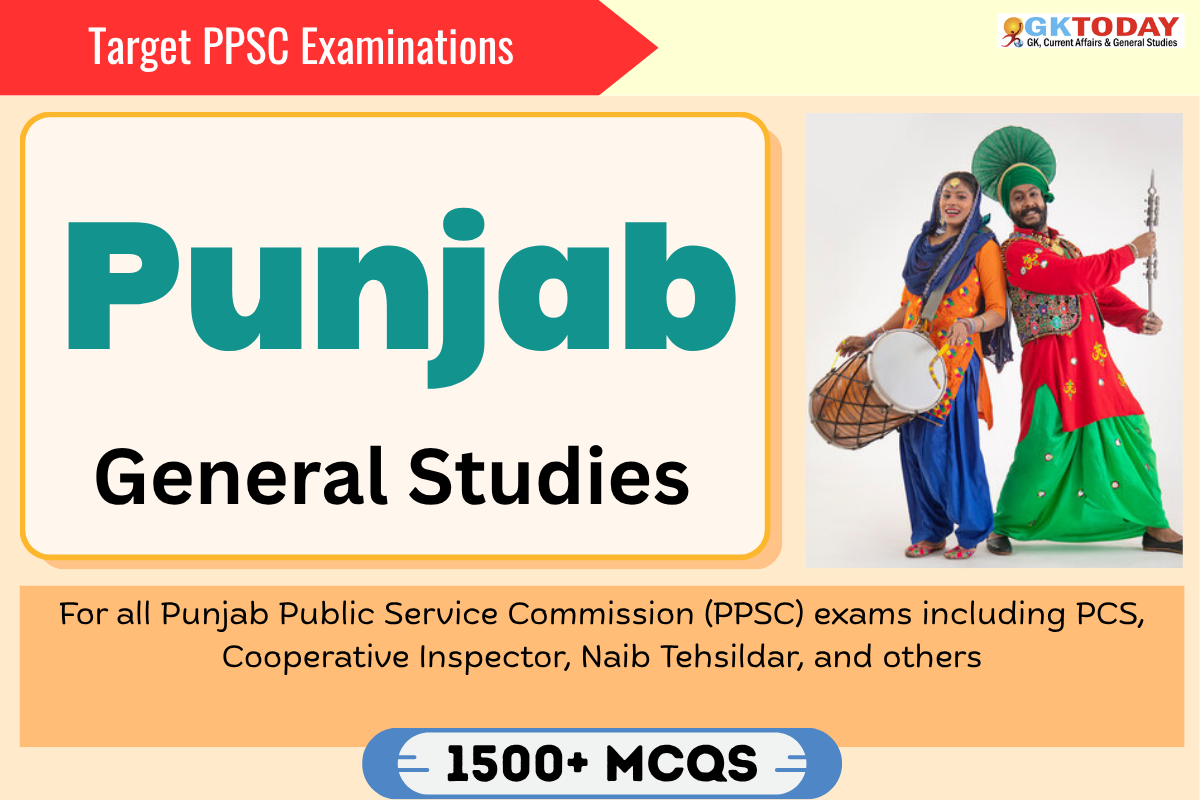Nubots

NUbots is a renowned robotics research group and competition team based at the University of Newcastle, in New South Wales, Australia. Established in 2002, the group is best known for its participation in the RoboCup international competitions, particularly in the Standard Platform League (SPL) and previously in the Four-Legged League. The NUbots combine cutting-edge research in artificial intelligence, machine learning, computer vision, and human-robot interaction with practical robotics applications aimed at developing autonomous humanoid and social robots.
Background and Formation
The NUbots (Newcastle University Robots) team originated within the School of Electrical Engineering and Computer Science at the University of Newcastle. It was founded by faculty members and students interested in robotic intelligence and autonomous systems. The team’s establishment coincided with the global growth of RoboCup — an international robotics competition designed to promote advances in AI and robotics through challenges such as robot soccer, rescue, and service robots.
The NUbots entered the competitive field with the goal of contributing to academic research while developing practical and robust robot systems capable of autonomous decision-making and cooperative behaviour.
Participation in RoboCup
Since its inception, the NUbots have been one of Australia’s most successful teams in the RoboCup Soccer Leagues, competing against international teams in events designed to push the boundaries of robotics and artificial intelligence.
- Four-Legged League (AIBO Robots): In the early 2000s, NUbots competed in the Sony AIBO robot league, which used four-legged robotic dogs to play soccer autonomously. In this phase, the team gained international recognition for its achievements in robot perception, control, and learning.
- Standard Platform League (Nao Robots): When RoboCup transitioned to the humanoid Nao robot platform, NUbots adapted its research to humanoid robot motion, coordination, and strategy.The team achieved strong standings in multiple international RoboCup competitions and won numerous national and regional championships.
- RoboCup @Home and Rescue Challenges: In addition to soccer-based competitions, the NUbots have also contributed to research relevant to other RoboCup leagues, such as autonomous rescue robots and domestic service robots, which test robots’ abilities to interact with dynamic environments and humans.
Research Areas
The NUbots function not only as a competition team but also as a research group exploring diverse areas of robotics and computational intelligence. Key research domains include:
-
Artificial Intelligence and Machine Learning:
- Development of adaptive algorithms for autonomous decision-making.
- Reinforcement learning for strategy optimisation and real-time decision control.
- Neural networks for behaviour prediction and environmental adaptation.
-
Computer Vision and Perception:
- Object detection and recognition in complex, dynamic settings.
- Colour constancy and illumination correction to improve robot vision under variable lighting.
- Use of deep learning for visual tracking and localisation.
-
Robot Locomotion and Kinematics:
- Improving walking gait, balance, and stability in humanoid robots.
- Biologically inspired motion planning for energy-efficient locomotion.
-
Multi-Agent Coordination:
- Designing communication and cooperation protocols for teams of robots.
- Implementing strategies for collaborative goal achievement in competitive scenarios such as robot soccer.
-
Human-Robot Interaction (HRI):
- Exploring intuitive interfaces for human control or supervision of robots.
- Studying emotional and social interaction cues in service and educational robots.
-
Embedded Systems and Real-Time Control:
- Developing robust hardware-software integration for responsive robot behaviour.
- Optimising computational efficiency in constrained robotic systems.
Through these research initiatives, the NUbots contribute to both theoretical advancements and real-world applications of intelligent robotics.
Technological Contributions
Over the years, the NUbots have developed a range of software frameworks and hardware innovations that have been shared within the academic and robotics community.
- NUPlatform: A modular software architecture designed to support robot learning, perception, and communication.
- Vision Systems: Custom vision algorithms tailored to fast-moving environments, improving real-time object recognition and localisation.
- Motion Controllers: Efficient control systems for walking and balancing humanoid robots under dynamic field conditions.
Many of these developments have influenced open-source robotics software and been integrated into subsequent research projects within the University of Newcastle.
Educational and Collaborative Impact
The NUbots team operates as a training ground for students and researchers in robotics, computer science, and engineering. It provides hands-on experience in programming, system design, artificial intelligence, and interdisciplinary problem-solving.
The team collaborates extensively with:
- Other RoboCup teams and universities around the world for joint research projects.
- Australian and international research institutions, contributing to conferences and publications in robotics and AI.
- Industry partners interested in deploying robotics technologies in manufacturing, health, and education.
Through these partnerships, the NUbots have helped position the University of Newcastle as a leader in Australian robotics research and education.
Achievements and Recognition
Since its founding, the NUbots have earned numerous distinctions:
- Multiple top placements in RoboCup World Championships, including semi-final and finalist positions in the Standard Platform League.
- Regular participation in the RoboCup Asia-Pacific Championships.
- Recognition for innovation in robot vision, behaviour learning, and multi-agent coordination.
- Contributions to scholarly publications in major robotics and AI journals and conferences.
Their consistent success has made them one of Australia’s most respected robotics teams in the international RoboCup community.
Broader Applications and Future Directions
Beyond competitions, the research generated by the NUbots supports broader applications in:
- Autonomous vehicles and drones, leveraging localisation and path-planning algorithms.
- Assistive robotics for healthcare, rehabilitation, and education.
- Industrial automation, through the development of collaborative and adaptive robot systems.




